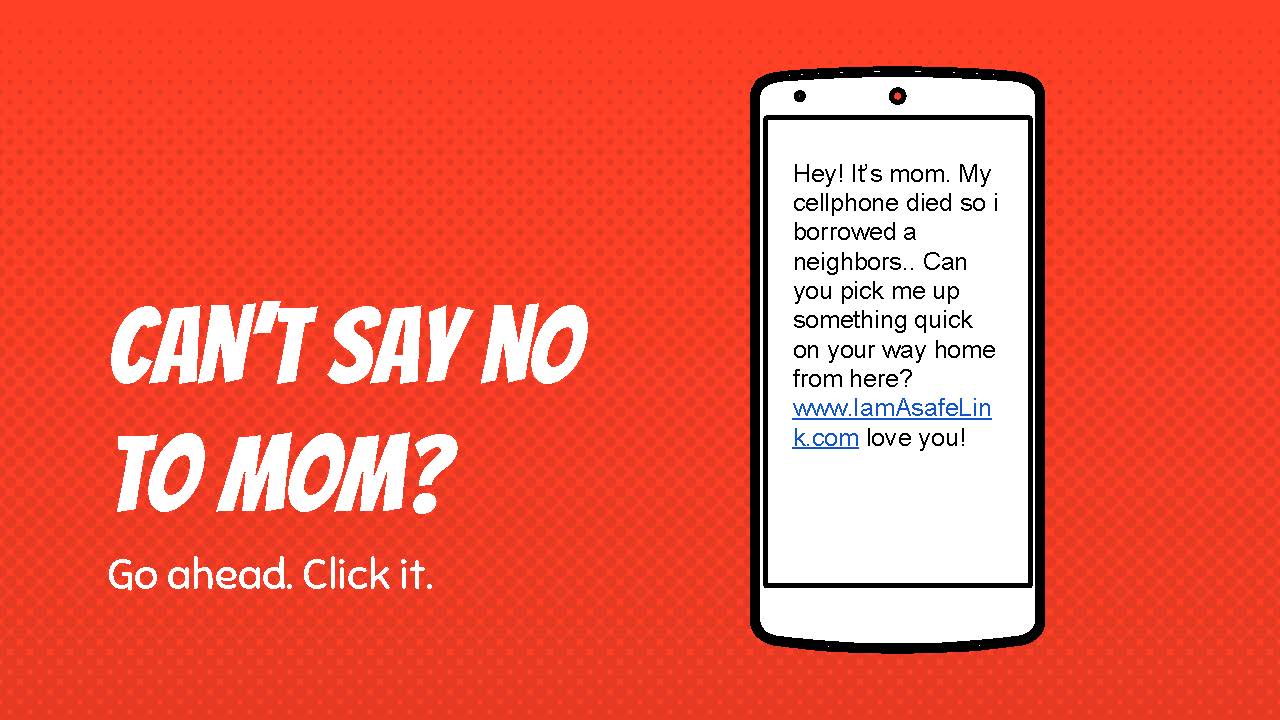Doesn’t it seem like online security has gotten a little excessive lately? Our phones and computers are always under attack. Even people who think they are internet aware can be misled and be harmed by malicious hackers with increasingly sophisticated attacks. And how is anyone supposed to remember so many passwords, without writing them or storing them somehow?
Password combinations have to be unique, which makes creating and storing them challenging in this complex, hostile cybersecurity environment.
The answer to all of these concerns is effective cybersecurity practices. As we continue talking about Cybersecurity Security Month - many of you may be unsure how to continue increasing your digital environment defenses, without being mislead or breaking the bank.
Here is a cool tool for you to try out that’s also completely free. This tool will be especially helpful if you utilize a Google account, Gmail, or the Google chrome browser for your internet use. This cybersecurity checks the passwords saved to your Google account for data breaches and overall password strength; verifies the recovery email and phone number set is still current, checks for suspicious account activity, verifies all logged-in devices, and informs you of all third party apps with access to your account.
Google’s Free Security Checkup
You would be surprised to find out how many data breaches occur even at major companies (data breaches happen all the time!). Protecting your logins and your online identity is extremely important, and repairing damaged finances or an identity stolen is very costly. An entire business sector has been built around aiding people who’ve been attacked and need to rebuild.
Here are some of the major data breaches:
- AOL
- Ancestry.com
- TD Ameritrade
- Apple
- Bank of America
- Capital One
- The Department of Homeland Security
- Sega
- eHarmony
- Orbitz
Some companies make the list multiple times, like Uber, Twitch, and Marriott International Hotels. Many of us have used these household-name companies without thinking that our privacy would ever be stolen and that our sensitive data would be handed over by insufficiently protected networks to hackers. You can read more about data breaches and the large amount of data stolen on Wikipedia.
These malicious parties are an increasing problem that we regular folks need safe, trusted and self-maintaining protections to help keep us safe. The free Google Security Checkup tool and the many great anti-virus solutions we recommend below are a great way to enhance your personal cybersecurity.












